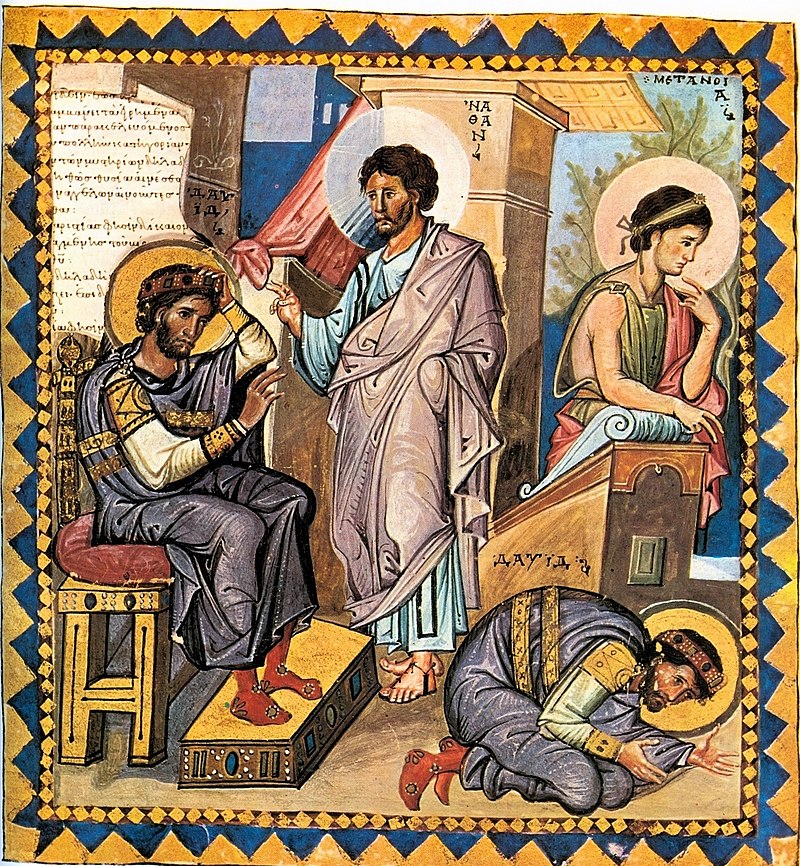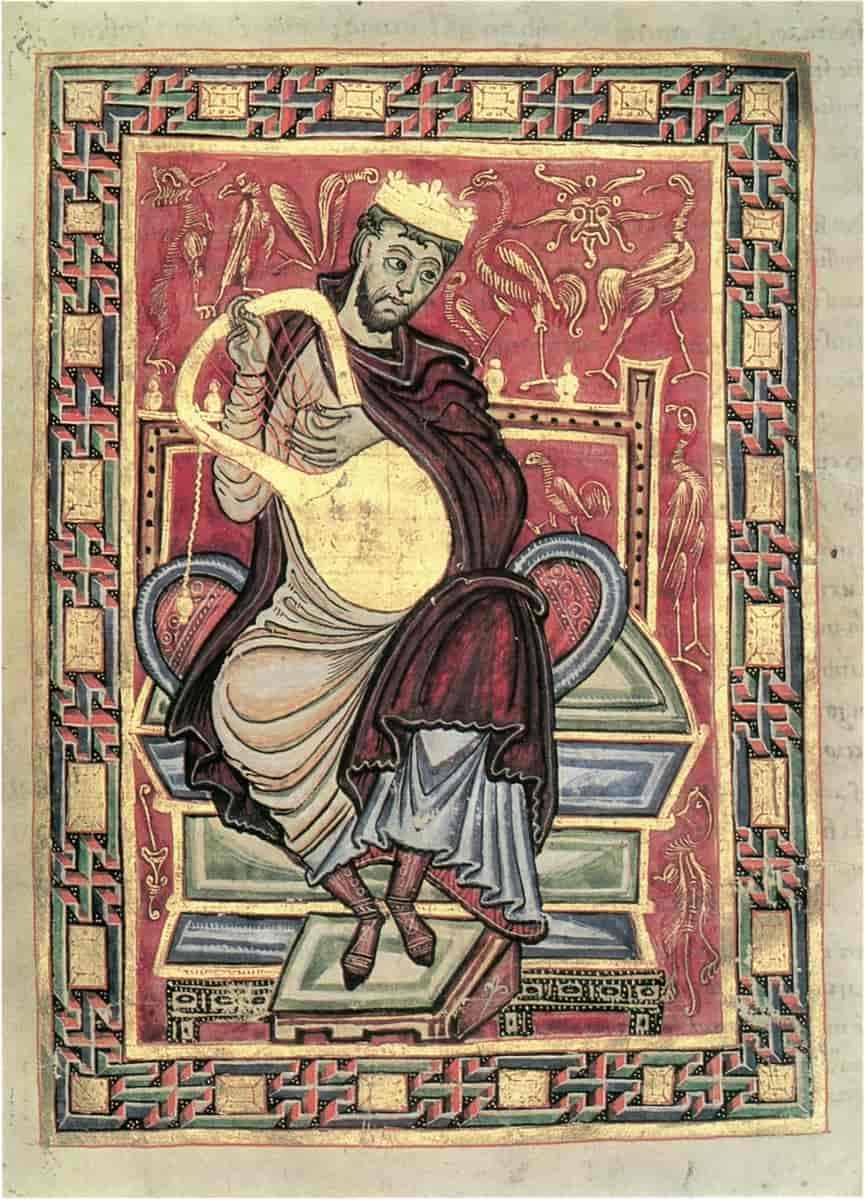Let everything that breathes praise the Lord! Praise the Lord!
Psalm 150:6
Today we end our reflections on the Psalms, at least for the time being. We’ve been discussing this Psalms since Bright Week. Indeed, it has been a long journey. We’ve discussed 89 of the 150 Psalms. Perhaps in the future, we will come back and discuss the other 61. We had an extensive discussion on Psalm 23 and Psalm 50. Tomorrow we will start a new unit on gratitude, entitled “Let Us Give Thanks to the Lord.” When I started writing on the Psalms, the goal was to provide comfort during the pandemic. I took an “educated guess” as to how long I would write to get a good overview of the Psalms. Without a crystal ball to see the future, I decide back in April not to write on all 150, thinking that would put us well into next year and hopefully the pandemic would be over long before then. Sadly, we could have spent more time on the Psalms, as the pandemic continues on. The Presidential Election tomorrow will be sure to bring more stress into our country, and with the Nativity season right around the corner I decided instead to dedicate the months of November and December to the subject of gratitude. Instead of focusing on the pandemic and politics, let’s focus rather on what we have to be thankful for, and carry thanksgiving as our theme to set up a meaningful season of the Nativity. But first, Psalm 150. This isn’t goodbye to the Psalms, I will write on the other 61 at some point in the future.
We’ve all seen fireworks displays on the Fourth of July and other times. Usually there is a big beginning, a steady middle and a spectacular end to the fireworks shows. The Psalms, in many ways, are like a fireworks show. There was an attention grabbing beginning: “Blessed is the man who walks not in the counsel of the wicked, nor stands in the way of sinners, nor sits in the seat of scoffers; but his delight is in the law of the Lord, and on His law he meditates day and night.” (Psalm 1:1-2) The beginning of the Psalms invites us in, draws us close, and almost insists that we make the journey. Most of the Psalms were written by David, who today we revere as one of the foremost figures of the Old Testament. It is easy to forget that David wrote the Psalms burdened by guilt over killing his best friend, as well as over the death of his son, Absalom. The Psalm reflect David’s contemplation, his sorrow for his deeds, his hope for redemption in God, and his joy at the assurance of God’s deliverance.
The Psalms are a microcosm of life’s journey—there is a lot of slowness and heartache. There are lots of peaks and lots of valleys. There are moments of uncertainty and moments of clarity and confidence. In the end, it’s like David gets it. He understands that the praise of God is the most important part of his existence. He accepts that God’s greatness and ability to forgive is greater than any sin David has committed. The Psalms end in exaltation. God is to be praised in His sanctuary, for His might, with trumpet and all kinds of instruments, with dancing, with cymbals. God ultimately is to be praised by everything that breathes, and with every breath.
This is the ideal—for every breath we take to praise the Lord. We have discussed the Jesus Prayer many times on the Prayer Team, the short repetitive prayer that says “Lord, Jesus Christ, Son of God, have mercy on me a sinner.” The Jesus Prayer can be prayed in time with our breath. Those who pray this pray a lot begin to pray it without thinking. Their lives literally become the prayer. The prayer becomes intertwined with their thoughts and their actions. This is the ideal.
Each of us has thoughts that come back to the same theme. We might think often about our jobs, our marriages, our children. We might create fantasies about winning the lottery, coaching a winning sports team, or other fantasies that repeat frequently in our thoughts. The truth of the matter is that everyone has thoughts all day long. Those thoughts become our actions, those actions shape our character, and our character directs our life. How many of those thoughts are about the Lord? The more we meditate on the Lord, the more our Godly thoughts will translate into Godly actions, those Godly actions will shape a Godly character, and that Godly character will direct our life, for the many years we are alive, right into everlasting life.
The Psalms are a great way to kindle Godly thoughts, as every human emotion is found in them, from the encouragement of Psalm 1 to walk with God, to the encouragement of Psalm 150 to praise God with every breath. Make the study and prayer of the Psalms part of your daily life. And reflect seriously as to how many of your thoughts and breaths each day reflect the praise of God, versus the material pursuits of life. Each of us has literally thousands of thoughts per day. How many of those thousand thoughts are Godly thought? We can all stand to give God a lot more thought, and still have time for the myriad of other thoughts that will cross our minds. Spend some time each day reflecting on God, allowing His grace to penetrate our minds, our hearts, and our actions. It is not realistic to expect us to have every breath praise the Lord, at least not right off the bat. However, make a conscious effort to give more breaths to the Lord, and then see how much more meaningful and purposeful our lives will become.
The best lesson to take from the Psalms is that we don’t have to be perfect. David was not perfect. He wrote about the “valley of the shadow of death” (Psalm 23) because he has walked through it. He knew God would comfort him in the valley. David pleaded with God to create in him a clean heart (Psalm 50) because he knew he needed to repent of sin and he knew that only God could give him a clean heart and a renewed start. David’s story is our own. We may not be kings or military commanders. We hopefully will not kill our best friend. But we will make mistakes, there will be valleys, there will be sorrow. The good news is that God’s grace and infinite mercy can turn that sorrow into joy and hope. So focus on God, being by choosing to talk with God, if necessary, first out of obedience, and hopefully eventually out of joy. Give as many breaths as possible to the Lord each day. The ideal is for every breath to praise the Lord. Our life’s work is to shoot for that ideal, for every breath to praise the Lord.
Praise the Lord! Praise God in His sanctuary; praise Him in His mighty firmament! Praise Him for His mighty deeds; praise Him according to His exceeding greatness! Praise Him with trumpet sound; praise Him with lute and harp! Praise Him with timbrel and dance; praise Him with strings and pipe! Praise Him with sounding cymbals; praise Him with loud clashing cymbals! Let everything that breathes praise the Lord! Praise the Lord! Psalm 150
Praise the Lord with as many breaths as possible today. Try for more breaths of praise tomorrow and every day. The ultimate goal is for every breath to praise the Lord!

